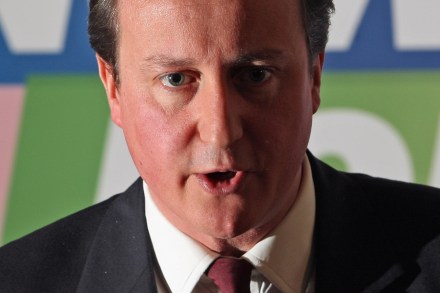Timothy Garton Ash tries to explain the Anglo-American relationship in terms of another great partnership: Jeeves and Wooster. Here, in miniature, is a classic example of that whole British approach to our relationship with the US, which I call the Jeeves school of diplomacy. Impeccable manners; a discreet smile; always perfect loyalty in public; but privately murmuring insistently, “Is that wise, Sir?” And back home in Jeeves’s own club, frequented – as devotees of PG Wodehouse will recall – only by gentlemen’s gentlemen (ie butlers), you tut-tut about the foolish conduct of the masters. This has, in some measure, been a British approach for more than 60 years, ever since













